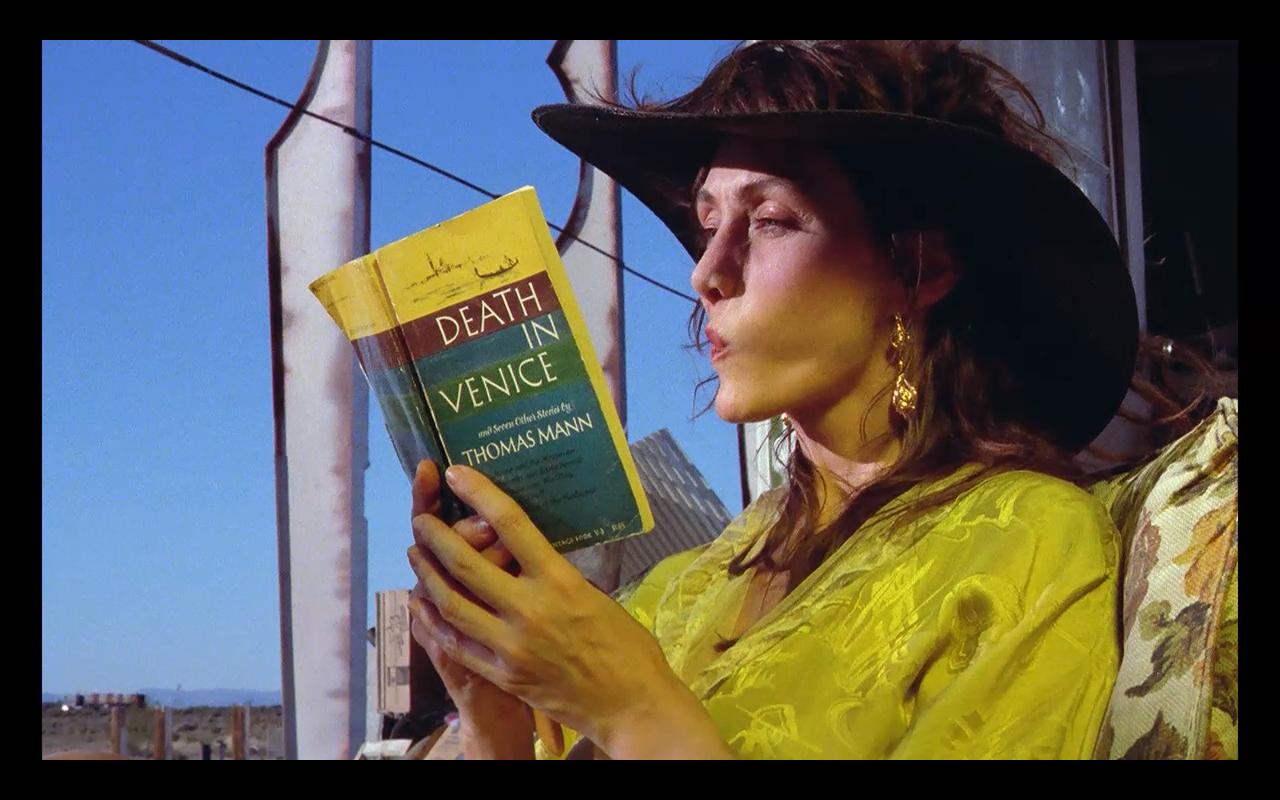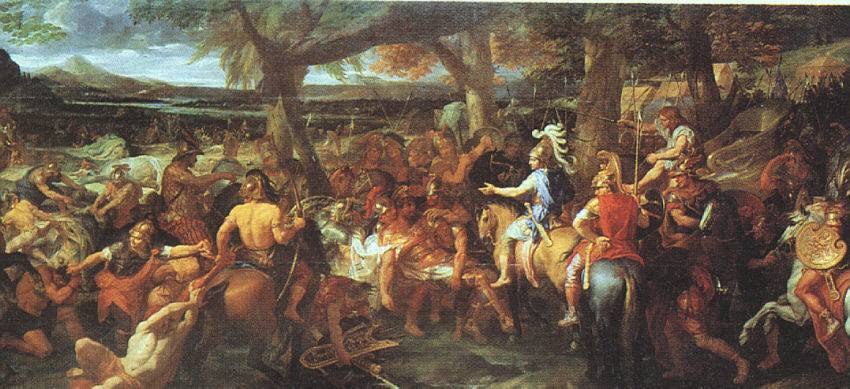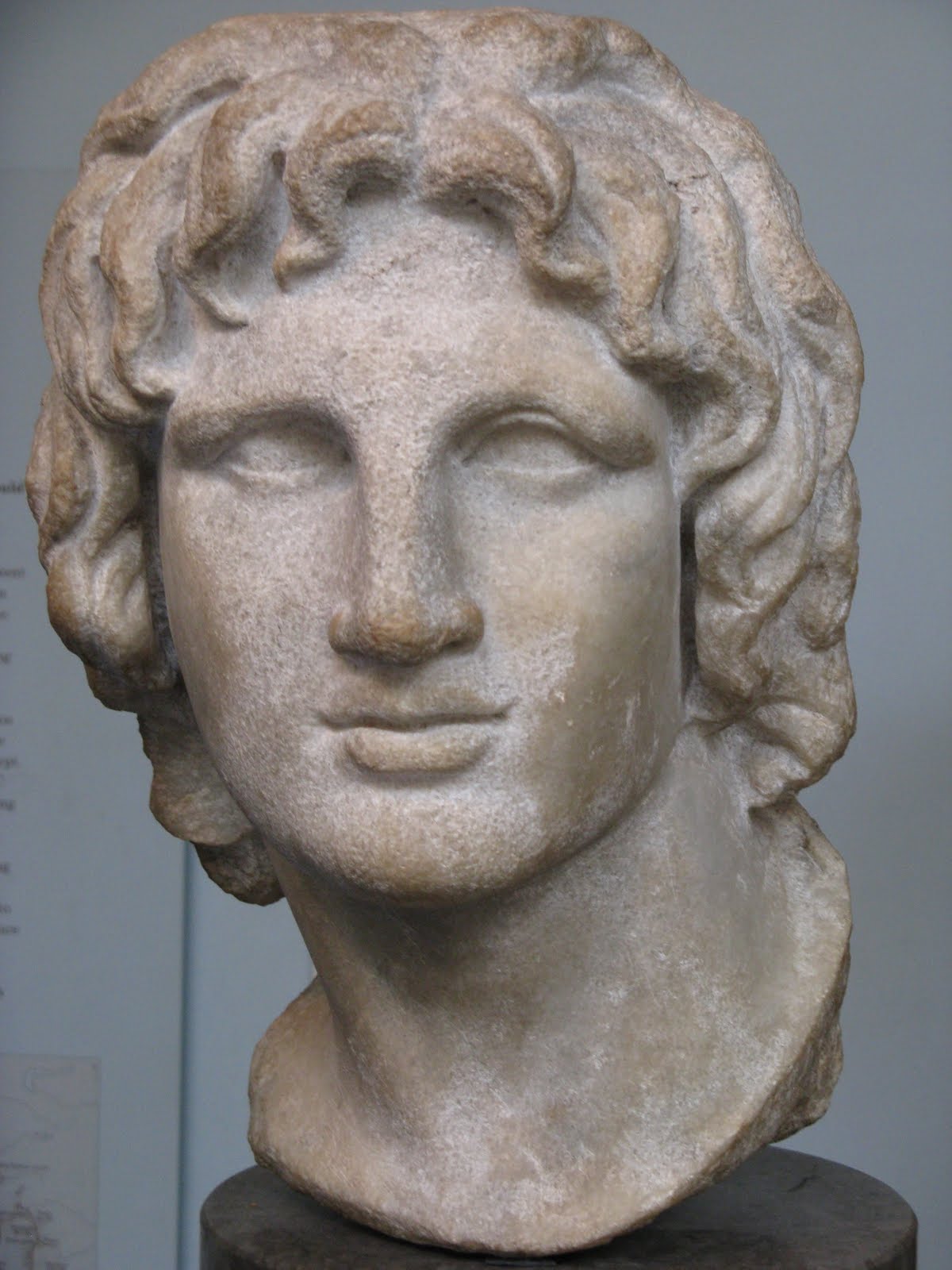In the Crito Socrates repeatedly refers to doing what is right as compared to doing what is expedient or what will placate others. The point he arrives at in his reasoning for following the laws provides an early example of a social contract, but he deliberately avoids examining possible conflicts (such as a concern he […]
A break from regular posting… So a while back (OK, over 20 years) I had the day off for jury duty. As I’m heading out the door, I grab a book I recently bought at a used bookstore to have something to read during the wait. No jury was empaneled that day so I went […]
There are several areas in the Crito I highlighted in the previous post that I plan on discussing in additional posts like this one. For this post I want to look at the conflict between Socrates’ conclusion of the Crito that he must obey the laws with the following statement he made in the Apology […]
Somewhere in this procession the “Socratic Revolution” takes place: the warrior ethic of Achilles at Troy is superseded by the civic ethic of Socrates in Athens. –from Grand Strategy: Literature, Statecraft, and World Order by Charles Hill (Yale University Press, 2010), page 32. I had planned on a series of post about the Crito that […]
As the beginning of the Phaedo relates, Socrates did not die until a month after his trial, which followed by a day the sailing of the Athenian state galley on an annual religious mission to the island of Delos; no executions were permitted during its absence. Crito comes to tell Socrates of its anticipated arrival […]
Thus, even wholly trustworthy writers who kept company with Alexander at the time do not agree in their writings about events that were public and known to them personally. – From 4.14.3, all quotes from The Landmark Arrian: The Campaigns of Alexander, translation by Pamela Mensch Arrian seems to give the game away on his […]
Alexander and Porus, Charles Le Brun (1673) Picture sourceI wanted to highlight a few of the good, bad and really bad things that happen in these pages. If pointing out Alexander’s dark side makes me “mean, obscure and dull”, so be it. The Good Alexander solidifies his reputation for military genius in many different and […]
He completed his PhD, entitled “To Hear The Lamentation of Their Women: Constructions of Masculinity in Contemporary Zamoran Literature” at UCD and was appointed to the School of English in 2006, after sucessfully decapitating his predecessor during a bloody battle which will long be remembered in legend and song. In 2011/12, he will be teaching […]
We had a lively conference call on Arrian’s The Campaigns of Alexander Monday evening and once again I will recommend participating in the Reading Odyssey programs, even if it is only to listen to the conference calls (which you can do with the latest one at this link). In this call we had an interesting […]
Bust of Alexander the Great Picture source Robert Lowell, in “Death of Alexander” from History (1973): No one was like him. Terrible were his crimes— but if you wish to blackguard the Great King, think how mean, obscure and dull you are, your labors lowly and your merits less…


